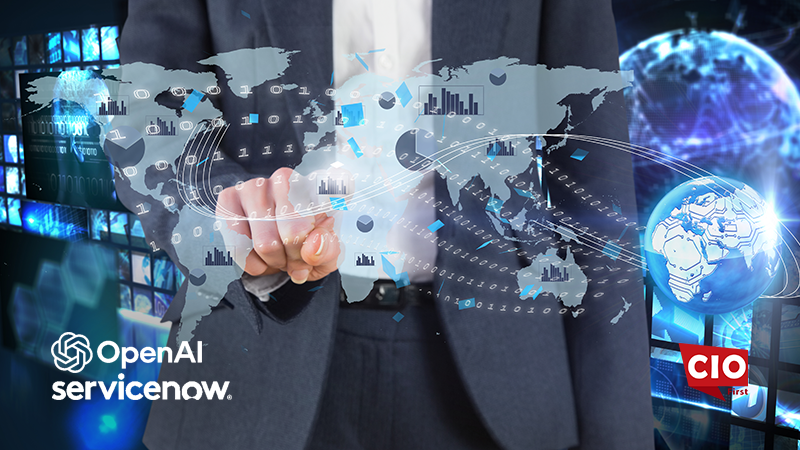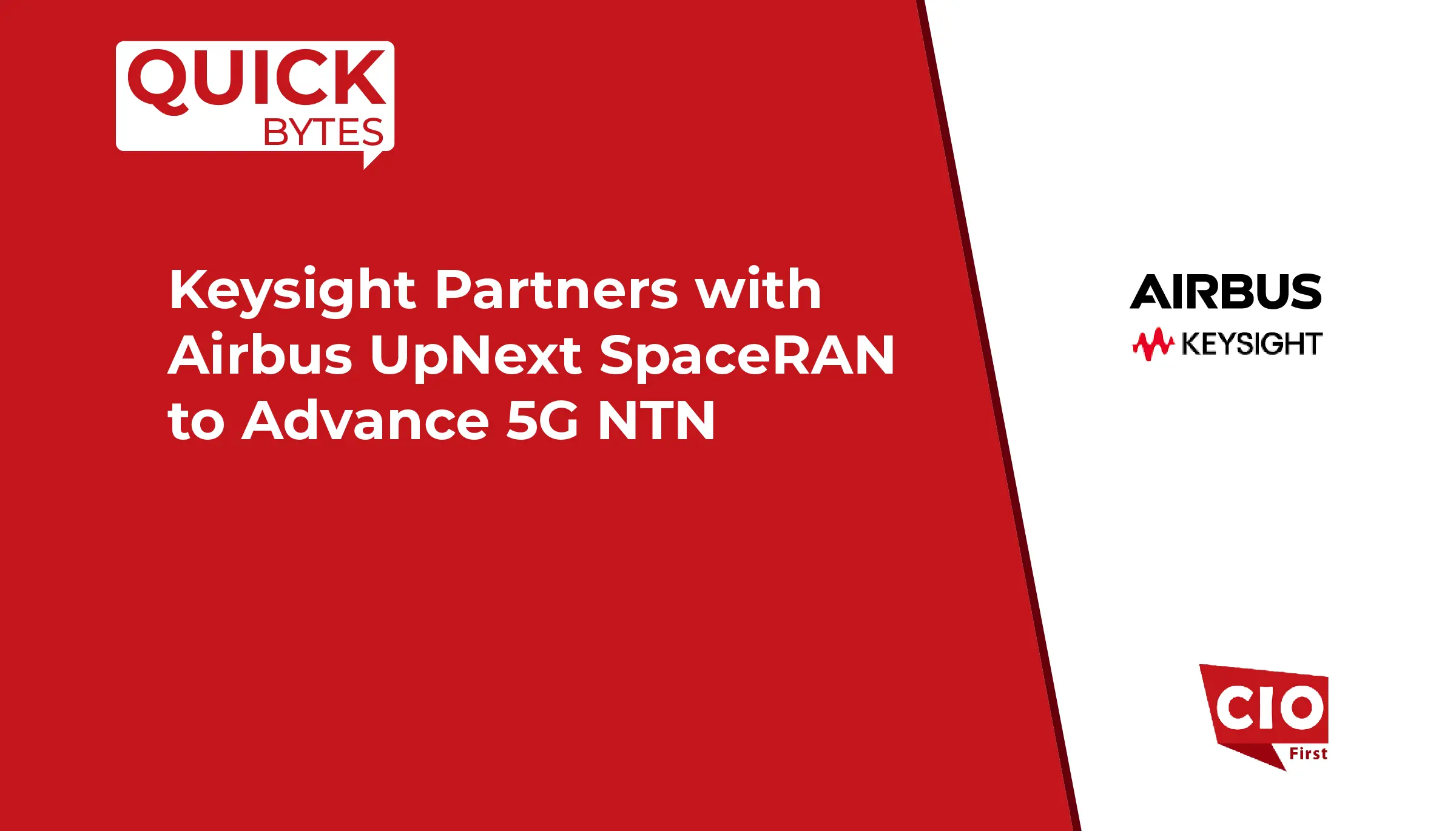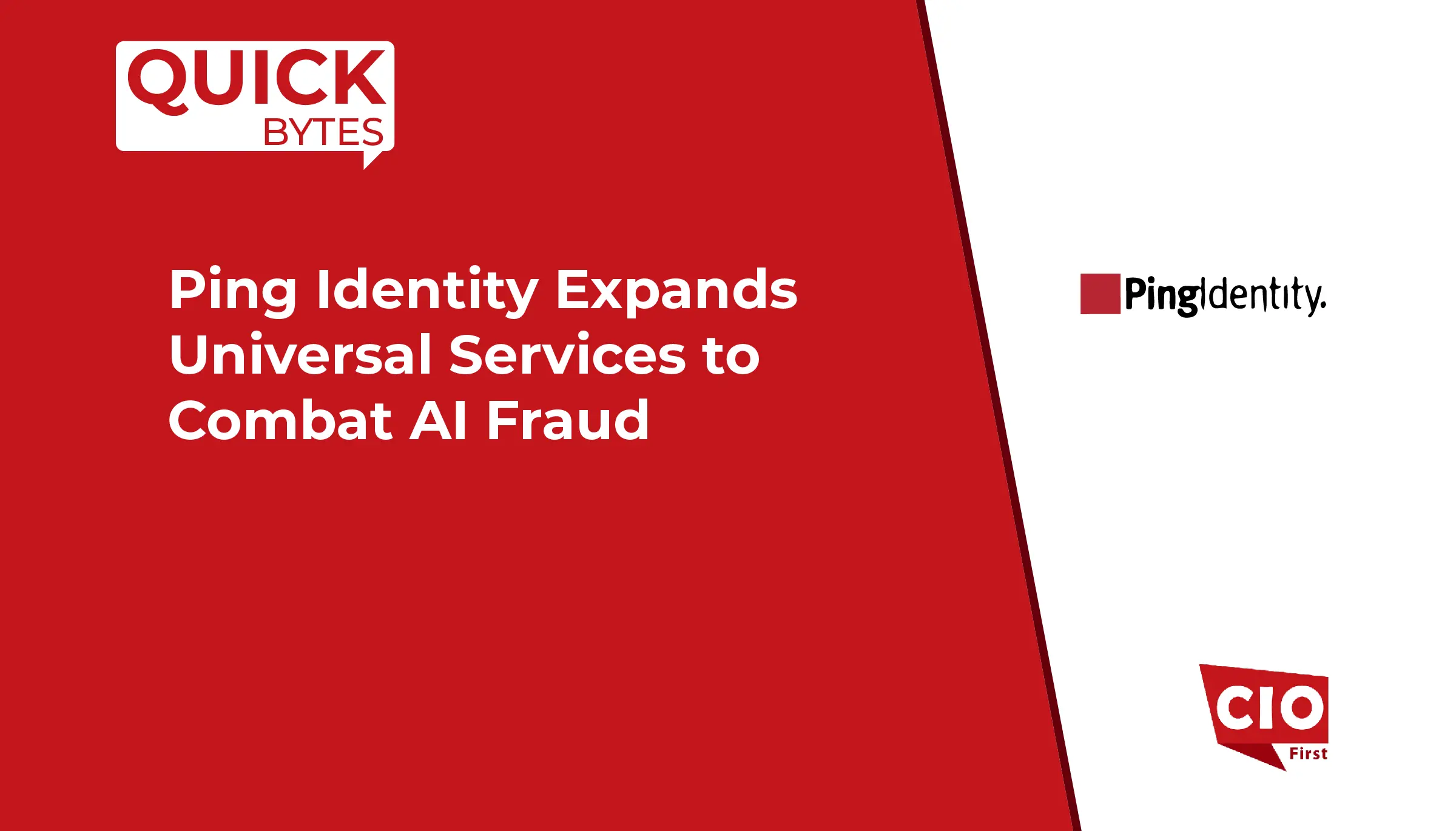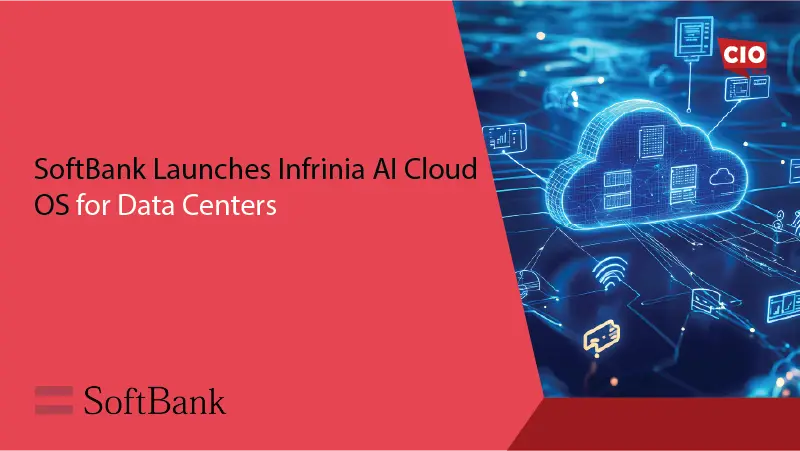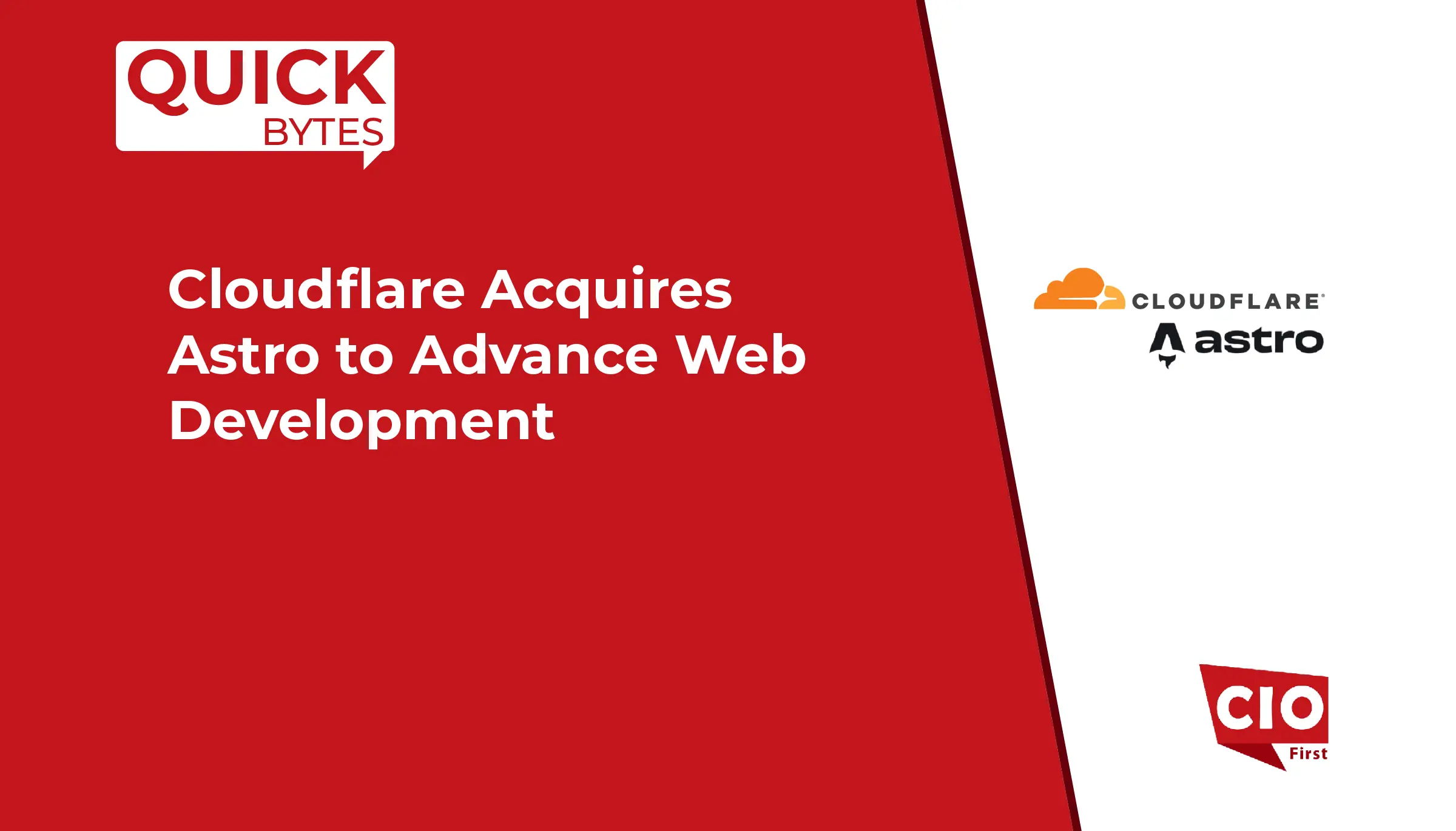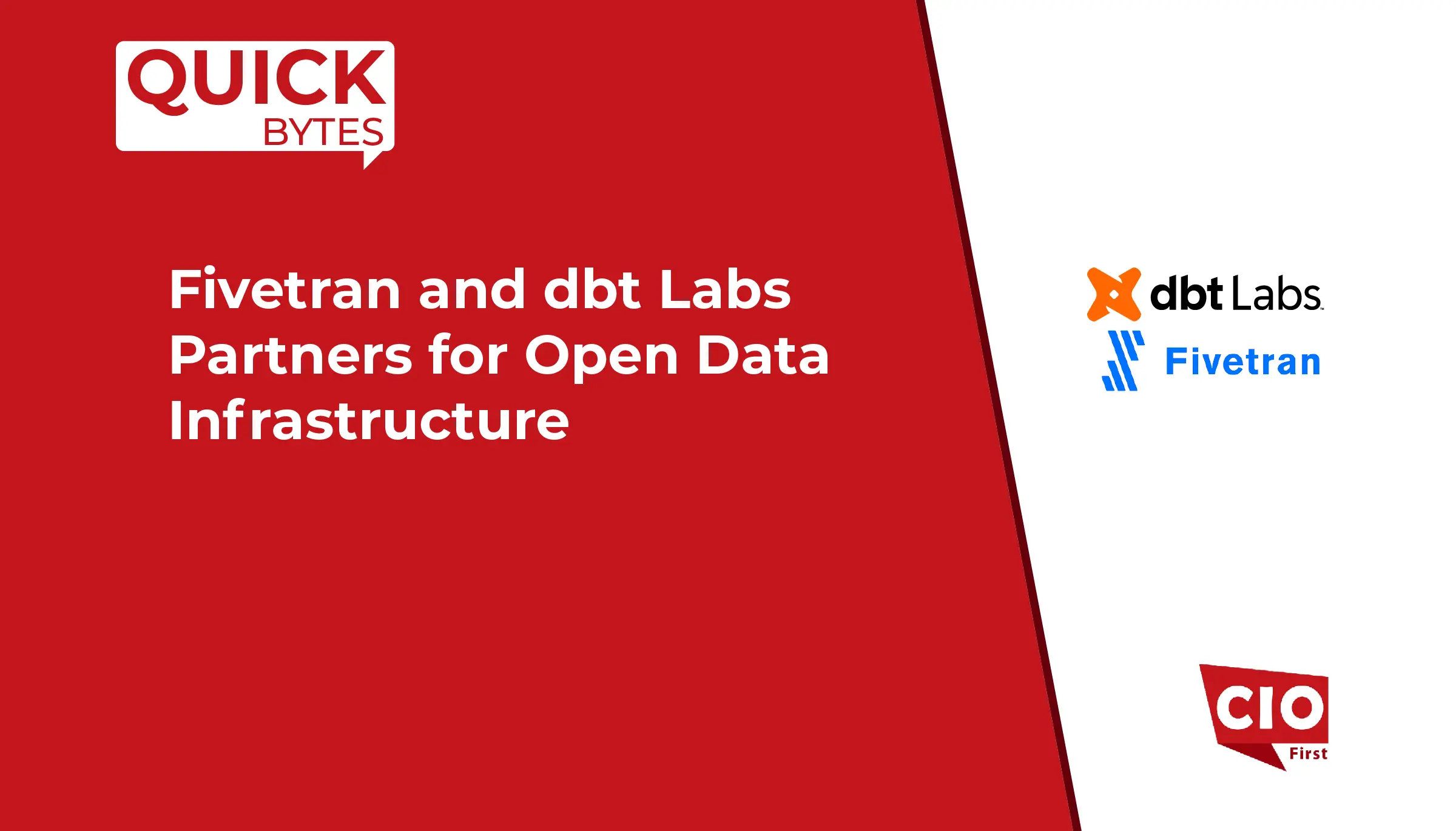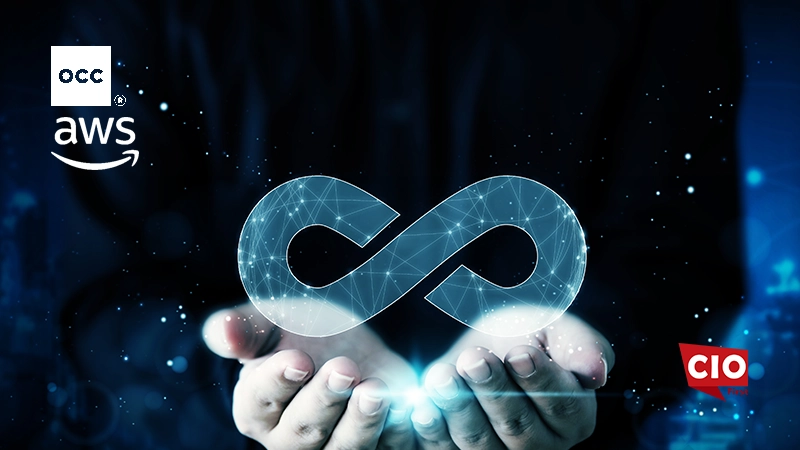OCC has made a big change in its software development. It is now using AWS’s generative AI (GenAI) solutions. OCC is using AWS’s GenAI tools to speed up development. This helps improve efficiency and maintain strict security. They aim to scale their DevOps practices, too.
OCC has teamed up with AWS to add GenAI tools to its DevOps pipelines. This includes foundation model services, automated code generation, and development workflows. AWS says this shift shows a bigger trend in the industry. It’s moving toward AI-assisted development and operations.
What the News Means
OCC uses GenAI to tackle major issues in DevOps. It cuts down on manual coding and testing. This speeds up software delivery. It also helps maintain compliance and security in strict environments.
Embedding GenAI into development workflows helps OCC. They get faster iterations and shorter cycle times for features and bug fixes. This leads to better alignment between operations and business outcomes.
AWS’s role as platform provider means that OCC benefits from scalable infrastructure, managed AI services and secure cloud operations — making the DevOps transformation more feasible at enterprise scale.
Implications for the DevOps Industry
1. GenAI Becomes Mainstream in DevOps
Generative AI is now a key part of DevOps toolchains. It’s not just an experiment anymore. DevOps teams will increasingly use AI-assisted coding. They will also depend on automated testing, infrastructure orchestration, and deployment pipelines. Practitioners must adapt. They need to shift from manual scripting to AI-augmented workflows.
2. Faster Delivery and Continuous Ops
GenAI speeds up tasks like code generation and test creation. So, DevOps teams can cut down the time from commit to deployment. This leads to more releases, faster feedback, and better DevOps alignment with business goals. For enterprises, faster delivery means better responsiveness to market demands and operational shifts.
3. Enhanced Operational Efficiency & Cost Savings
Automating parts of development and operations helps companies cut down on hard work. It also keeps security and compliance in check. For large businesses, this leads to lower costs, fewer mistakes, and better deployments. It also makes DevOps infrastructures more agile and cost-effective.
Also Read: Sophos Integrates Cyber Intelligence into Microsoft Security & 365 Copilot
4. Shift in Skill Sets & Tools
As GenAI joins the DevOps toolkit, DevOps engineers will need new skills. Engineers might spend more time on managing AI outputs. They also integrate models and design high-level architecture. They’ll rely less on coding everything manually. Tool vendors and platform providers will adapt. They will offer AI-ready DevOps platforms that include built-in GenAI features.
5. Greater Convergence of Dev, SecOps & Ops
The alliance with AWS highlights that development, security, and operations are coming together. This is often called DevSecOps. Connecting GenAI to secure pipelines and compliant cloud systems helps businesses follow their policies and standards during development and deployment. This convergence is significant for industries with regulatory burdens or high trust requirements.
Business Impacts for Organizations
Enterprises & Development Teams: GenAI-powered DevOps platforms let teams work faster. They cut delays and improve output quality. Companies that resist may fall behind in agility and cost-competitiveness.
Small and Mid-Size Firms: GenAI levels the playing field. Firms without large DevOps teams can now use AI to create advanced software. This helps them do more with fewer resources.
Platform / Tool Providers: Vendors in the DevOps tooling space will feel pressure to integrate GenAI into their offerings. AWS’s advancement signals that platform-led DevOps with built-in AI will become a baseline expectation.
Cloud & Infrastructure Providers: This shows how vital cloud platforms are for DevOps transformation. Providers that offer managed AI, DevOps pipelines, and secure cloud services can draw in more clients.
Regulated Industries: Companies in finance, healthcare, and government need strong security. They must also ensure compliance and maintain clear audit trails. GenAI-powered DevOps on AWS boosts continuous control. This leads to faster releases and better reliability in key sectors.
Challenges & Considerations
While promising, businesses must navigate several considerations:
Model Governance & Accuracy: Using GenAI for coding and operations introduces risks of incorrect outputs, bias or vulnerabilities. DevOps teams must ensure model governance, review outputs and maintain guardrails.
Security, Compliance & Auditing: Automated pipelines still require strong audit, compliance, and security checks. To succeed with DevSecOps, organizations must include AI in secure workflows. They also need to monitor everything closely.
Change Management: Shifting to AI-enhanced DevOps requires cultural and process changes. Teams must adjust to new tools and workflows, which may slow progress at first.
Cost vs. Benefit: Automation saves time, but businesses need to weigh the costs. This includes licenses, infrastructure, and operational shifts. The benefits should be quicker delivery, fewer issues, and lower overhead.
Skill Evolution: Engineers and DevOps professionals must upskill to supervise GenAI tools, evaluate outputs, integrate workflows and maintain systems.
Conclusion
OCC’s integration of AWS GenAI solutions into its DevOps workflow is a clear indicator that the era of AI-augmented software development and operations has arrived. For the DevOps industry, this is a key turning point. DevOps pipelines will use more intelligent automation. They will also deliver faster and integrate better with business results.
Using AI-powered DevOps platforms can give businesses an edge. They help speed up innovation, lower operational costs, and boost reliability. As more companies adopt these tools, the standard for software delivery will change. DevOps teams that use GenAI workflows, cloud-native pipelines, and secure automation will succeed in the digital age. They will compete and scale more effectively.






